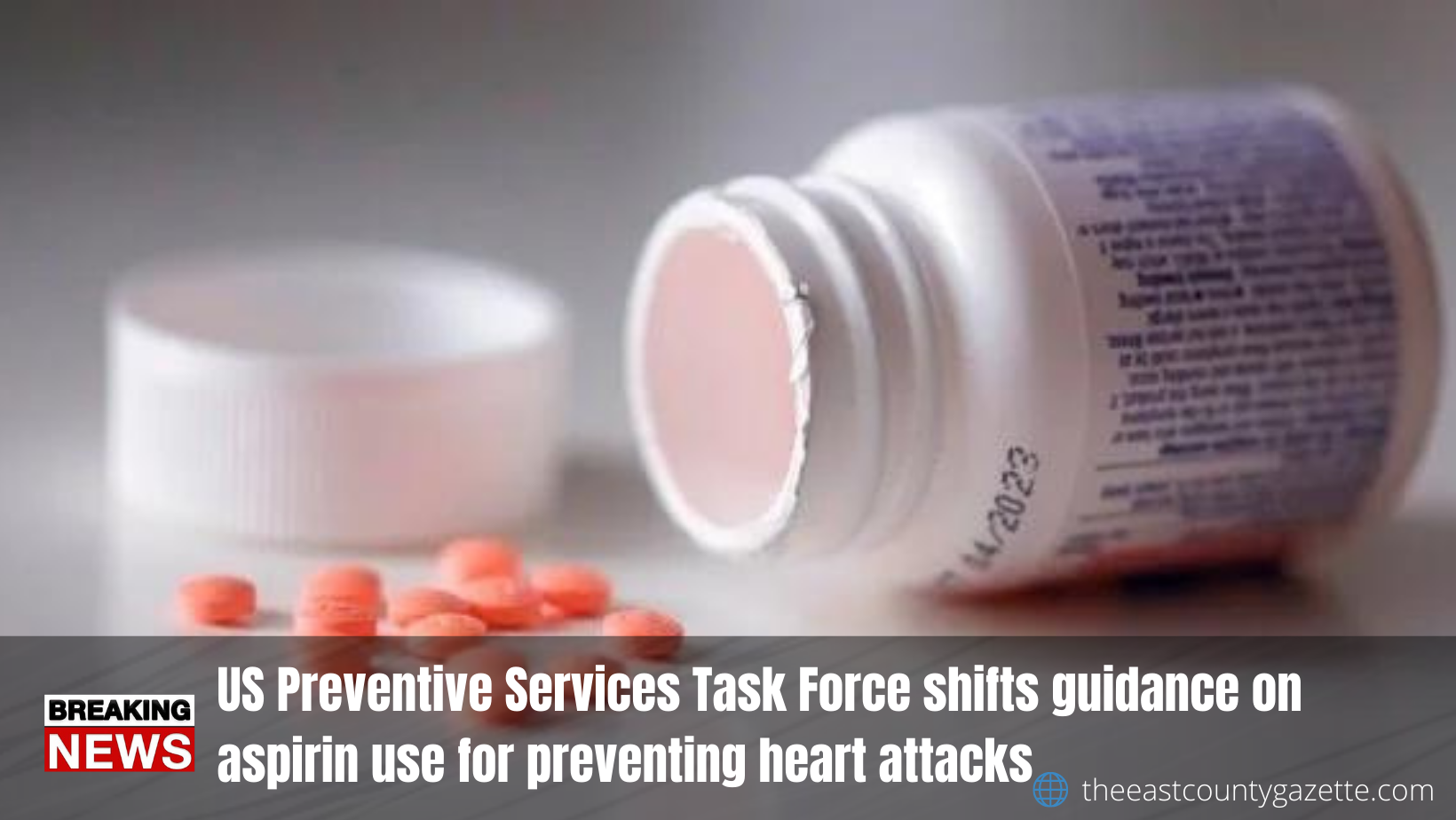US Preventive Services Task Force Shifts Guidance on Aspirin Use for Preventing Heart Attacks
Low-dose aspirin should no longer be initially prescribed to try to prevent a first heart attack or stroke, a panel from an influential health guidelines group said in preliminary updated advice on Tuesday.
The U.S. Preventive Services Task Force said in the draft guidance that bleeding risks for adults 60 years and older outweigh any potential benefits from the drug.
Notably, the panel also said that there could be a small benefit for adults in their 40s who have no bleeding risks.
The evidence of benefits for people in their 50s, the group added, is less clear. Comparatively, the Task Force’s 2016 recommendation essentially said that all high-risk individuals in their 50s take aspirin.
This year, the group’s recommendation states that people aged 40 to 59 years old should have a conversation with their clinician to see if they are at higher risk for developing heart disease or stroke and, if so, whether taking aspirin is right for them.
“Daily aspirin use may help prevent heart attacks and strokes in some people, but it can also cause potentially serious harms, such as internal bleeding,” Task Force member Dr. John Wong said in a release.
“It’s important that people who are 40 to 59 years old and don’t have a history of heart disease have a conversation with their clinician to decide together if starting to take aspirin is right for them.”
Recommended Read: Vaccine Error! Research About Heart Inflammation Was Miscalculated
The recommendations are meant for people with obesity, high blood pressure, high cholesterol, and other issues that increase the chances of a heart attack or stroke.
If the advice is finalized, it would reverse recommendations the panel issued five years prior – and reportedly be in line with recent guidance from other medical groups.
While the U.S. Preventive Services Task Force had also previously said that taking a daily aspirin could help to protect against colorectal cancer for some adults in their 50s and 60s, new guidance said that more evidence of a benefit is necessary.
Low-dose aspirin has long been recommended for patients who have already had a heart attack or stroke, and CDC studies on the use of aspirin for the prevention of cardiovascular disease have yielded mixed results.
The American Heart Association notes that the benefits and risks of daily low-dose aspirin vary and advises people not to take the medication without talking to a doctor.
Aspirin is used as a pain reliever and a blood thinner that can reduce chances for blood clots but has risks even at low doses, including ulcers or bleeding in the digestive tract.
A low dose of aspirin is 81 milligrams to 100 milligrams, according to The New York Times.
The group will allow public comments on the matter until Nov. 8, when it will evaluate and make a final decision.

